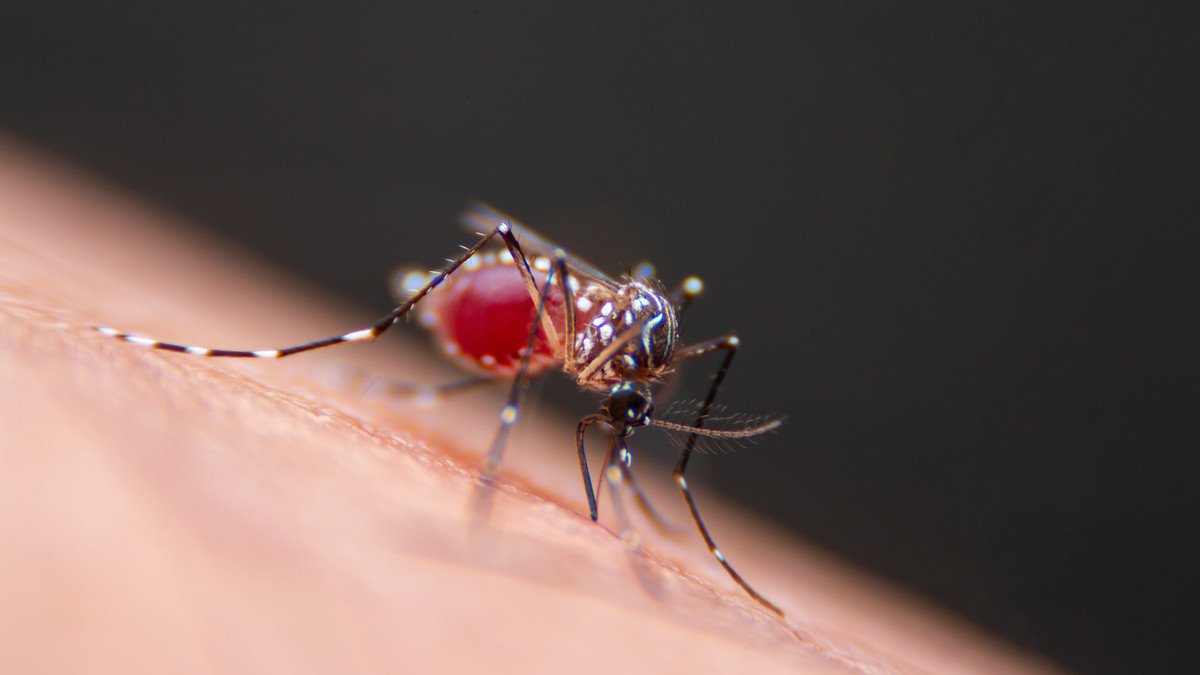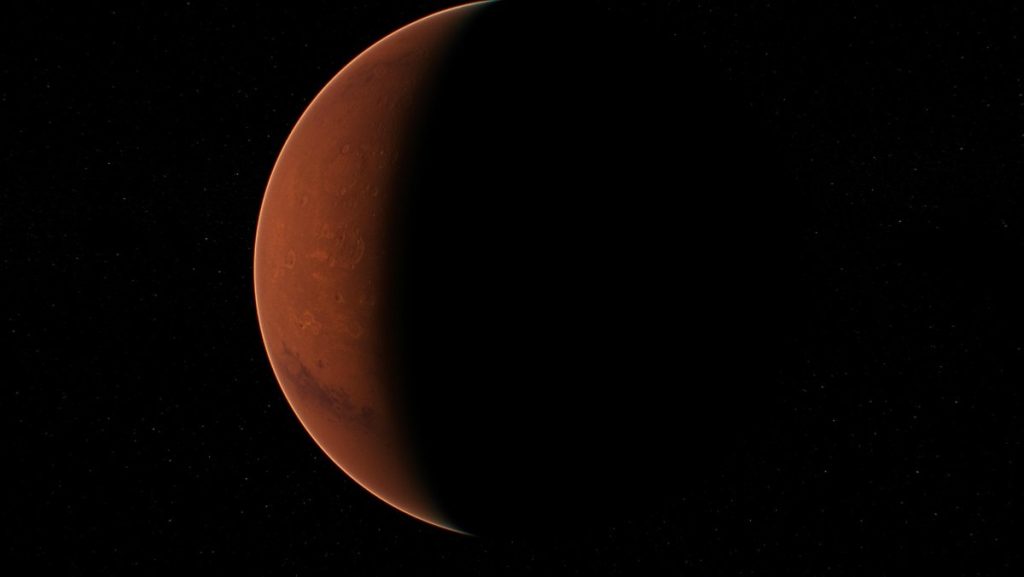Cooling reason
Why did Mars become a desert planet?
05/26/2022, 07:44 AM
Why is the warm, humid planet Mars a desert planet today? So far, it is assumed that the loss of greenhouse gas carbon dioxide is the cause of the climate catastrophe. However, researchers are now ruling this out. Instead, they speculate on other processes.
3.6 to 3 billion years ago, Mars was similar to Earth as a warm world with water on its surface. But then our neighboring planet suddenly cooled, the water disappeared from its surface, and it became the red desert planet we know today. The loss of greenhouse gas carbon dioxide, according to the current hypothesis, has led to a climate catastrophe. Now a team of American planetary scientists shows that this assumption is irreconcilable with the climatic history of Mars. Instead, other causes must have played a decisive role, the scholars wrote In “Science Advances”. However, the team cannot answer the question of why this is so.
Numerous dry riverbeds, flow paths around craters, and even shores from the vast ocean testify that Mars had a habitable climate. Perhaps then, as on Earth, life also arose on Mars. Hardy protozoa may have survived even in the depths of Martian soil to this day.
But why did our neighboring planet suddenly cool by an average of ten degrees three billion years ago? To find an answer to this question, Edwin Kite of the University of Chicago and his colleagues studied how water-influenced structures—primarily riverbeds—evolved throughout Mars’ history. Because there is a close relationship between changes in these structures and the evolution of the Martian climate.
Mars Climate Simulation
The team analyzed this using simulations of the Martian climate. The density and chemical composition of the atmosphere are critical factors in the climate model of the planet – because it is the greenhouse gases that warm the planet. The researchers ran many simulations with different atmospheric changes – and made a surprising discovery.
So far, most planetary researchers have seen the loss of carbon dioxide as the main cause of climate change on Mars. “But unexpectedly for us, analysis of the greenhouse effect in our global climate models shows that climate change was not primarily driven by carbon dioxide, but by other effects.”
However, the researchers cannot derive the effect of these models from their models. They see a decrease in water vapor in the atmosphere or the formation of clouds of ice crystals in the upper atmosphere as possible causes, which can reflect a large proportion of solar radiation.
In addition, greenhouse gases other than carbon dioxide may have played a role. It is also unclear whether the disappearance of water from the surface of Mars is a result of, or a contributing cause, climate change. The researchers hope that the analysis of the soil samples will provide more information about the climate history of the Red Planet.

“Total coffee aficionado. Travel buff. Music ninja. Bacon nerd. Beeraholic.”







More Stories
The tumor can penetrate the outer skin
We will tell you the real reason for this physical phenomenon that caused the failure of Isaac Newton
A mysterious discovery on Mars – NASA team talks about “tire tracks” or “dragon scales”